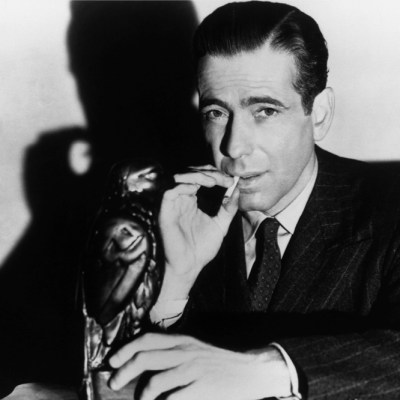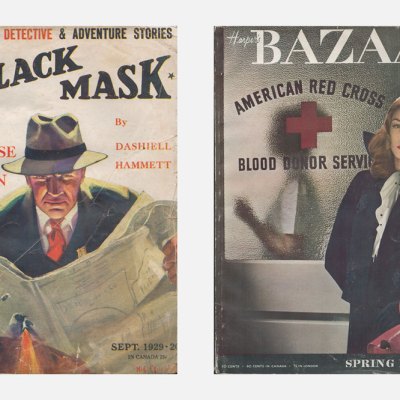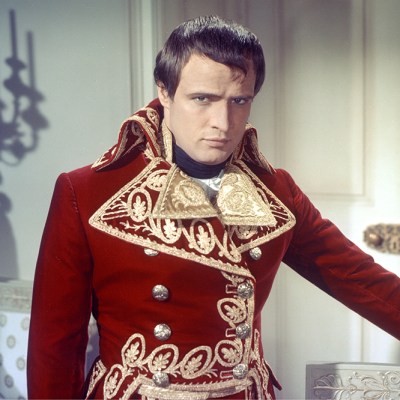Introducing Rakewell, Apollo’s wandering eye on the art world. Look out for regular posts taking a rakish perspective on art and museum stories.
During the course of her extremely long life, Olivia de Havilland may have wondered if it would be her fate to be best-remembered as an on-screen saint. As Melanie Hamilton in Gone with the Wind she plays second fiddle to a Vivien Leigh who chews up the scenery and, at one point, turns it into something to wear. (The problem of Gone with the Wind being flat-out racist may also have figured larger over time, but that’s a much more fundamental problem, hard-wired into the book and film from the start.)
There was much more to De Havilland than the beatific performance she gave as ‘Miss Melly’ (and let’s remember that being long-suffering is a tough act), as one of her best films attests. Rakewell has a particularly soft spot for the delirious example of film noir that is Dark Mirror (1946). In Robert Siodmak’s Expressionist masterpiece, De Havilland plays twins: one can be tied to the scene of a murder, the other has a rock-solid alibi. The only problem is that each sisters is in the habit of covering for the other and neither will say who was where. Cue law-forcement bafflement! Enter a psychologist to study the twins – and fall unprofessionally in love with the sane one!
The film was released only two years after De Havilland had taken on the mighty Warner Bros. film studio and won. Long dissatisfied with the roles she was being asked to play, when in 1943 Warner Bros. added six months to her seven-year contract, De Havilland insisted that, periods of suspension aside, she had fulfilled her side of the bargain. (She was only on loan to David O. Selznick for Gone with the Wind in 1930). She took the studio to court and won in a judgement upheld on appeal in 1944. Jack Warner’s pressuring of other studios not to hire her came to nothing and films such as Dark Mirror were the result.
Warner Bros. may, in the end, have been denied a piece of the actor, but a two-part online sale at Bonhams (running until 23 May) offers a chance to pick up a memento of De Havilland, who died in 2020. While the second part will concentrate on De Havilland’s second act in Paris – she married Pierre Galante, executive editor of Paris Match in 1955 – the first is full of Hollywood memorabilia. Rakewell would never say no to a spot of re-gifting – and would like to drop a broad hint to any film-buff benefactors about the jewellery James Stewart once to gave De Havilland.
Got a story for Rakewell? Get in touch at rakewell@apollomag.com or via @Rakewelltweets.




